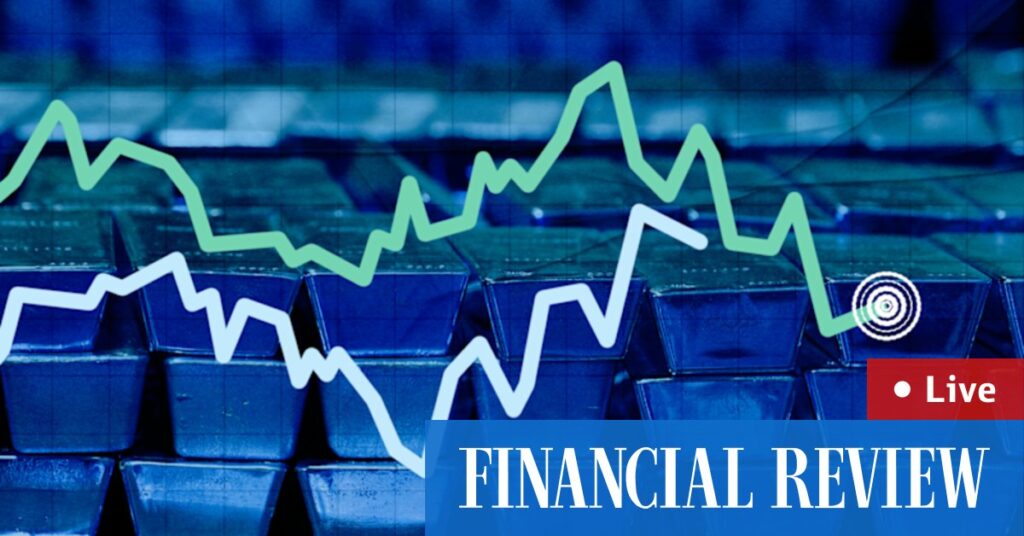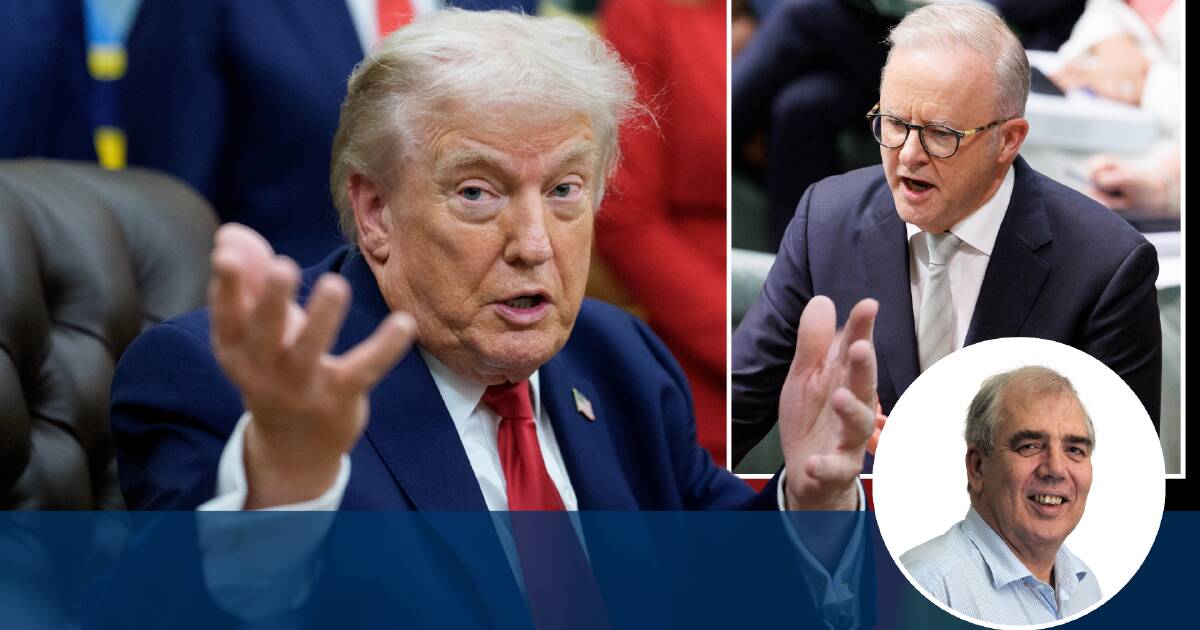
Australian shares are poised to open lower as President Donald Trump’s recent tariff announcements continue to create uncertainty in global markets. The President has granted a 90-day tariff reprieve to Mexico, the United States’ largest trading partner, while simultaneously threatening Canada, its second-largest partner, due to Canada’s plan to recognize Palestinian statehood.
In an additional move, Trump has sent letters to major global pharmaceutical companies, including Merck, Pfizer, AstraZeneca, Novo Nordisk, and GSK, demanding that Americans receive the best drug prices globally for prescription medications. These developments have overshadowed a significant tech rally led by Meta Platforms and Microsoft, which briefly saw Microsoft surpass the $US4 trillion market cap mark. Meta’s shares surged by 11.3% in New York, raising its market cap to $US1.95 trillion.
Market Reactions and Economic Indicators
The tariff news has dampened investor enthusiasm, taking the wind out of the tech sector’s sails. ASX futures are indicating a drop of 64 points, or 0.7%, to 8639. Meanwhile, Wall Street experienced mixed results with the Dow Jones down 0.7%, the S&P 500 falling 0.4%, and the Nasdaq nearly flat with a 0.03% decrease. The VIX, a measure of market volatility, rose by 1.24 points to 16.72.
In currency and commodities markets, the Australian dollar slipped 0.1% to US64.26¢, while Bitcoin fell 0.4% to $US116,583. Gold prices increased by 0.5% to $US3289.93 an ounce, whereas Brent oil declined by 1% to $US72.53 a barrel. Comex copper saw a significant drop of 22% to $US4.3545 a pound, and iron ore decreased by 2% to $US99.70 a tonne. The 10-year yield stood at 4.37% for the US and 4.26% for Australia.
Global Economic Context
These market movements occur amid a broader context of global economic data releases. On Friday, Australia is set to release July dwelling prices and second-quarter Producer Price Index (PPI) figures. Internationally, key data include June consumer confidence in New Zealand, Japan’s June unemployment rate, China’s Purchasing Managers’ Index (PMI), and the Eurozone Consumer Price Index (CPI).
The highlight of the economic calendar is expected to be the US nonfarm payrolls report for July, scheduled for release late on Friday. However, all eyes remain on the Trump administration’s August 1 decision regarding reciprocal tariff rates, which could significantly impact global trade dynamics.
Corporate and Political Developments
In corporate news, Resmed is set to release its key report on Friday. Meanwhile, the Productivity Commission has recommended a bold tax reform that would increase taxes for the top 500 companies while slashing the corporate tax rate to 20% for small and medium enterprises. This proposal, however, carries risks, as it may affect the global competitiveness of large businesses.
In political developments, President Trump’s decision to grant a 90-day tariff reprieve to Mexico reflects ongoing negotiations with America’s largest trading partner. This move is seen as a temporary measure to allow more time for reaching an agreement. In contrast, Canada faces potential tariffs due to its foreign policy stance on Palestinian statehood.
Security and Espionage Concerns
Security issues have also come to the forefront, with ASIO chief Mike Burgess revealing that espionage activities are costing Australia $13 billion annually. He specifically named Russia as being behind a foiled spy plot targeting Australian intellectual property.
As markets and political landscapes continue to shift, investors and policymakers alike are closely monitoring these developments for their potential long-term impacts on global trade and economic stability.





